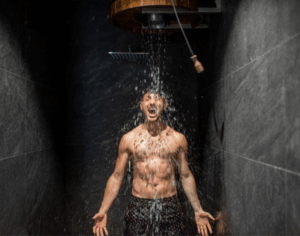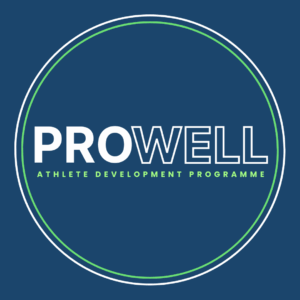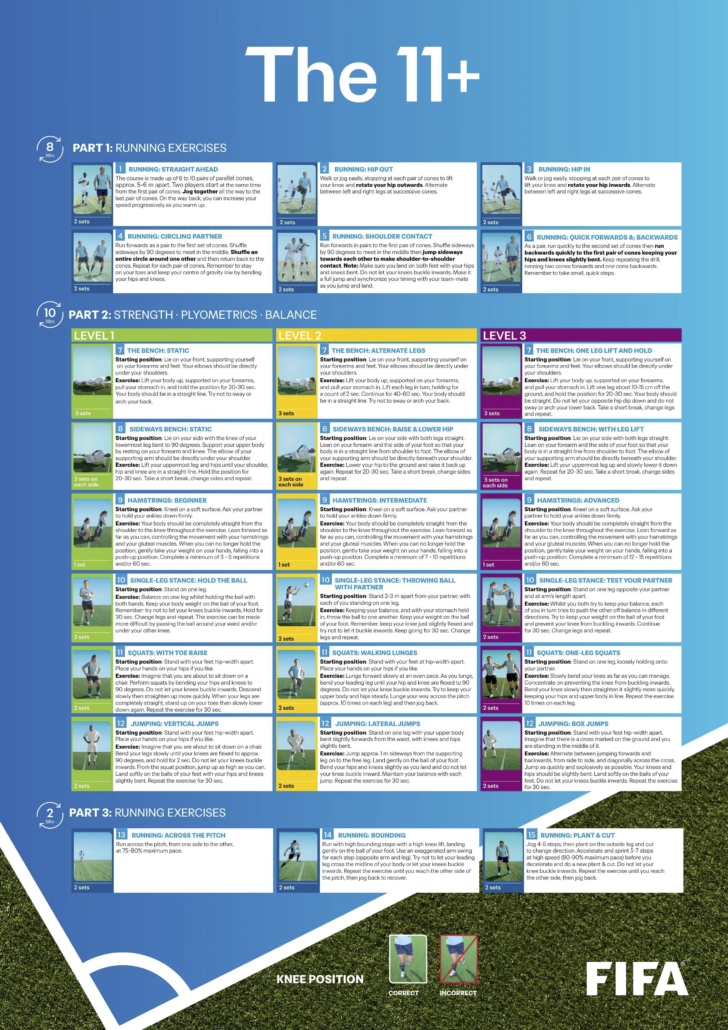Sleep, Rest Days & Performance Gains
When people talk about high performance in football, they usually focus on how hard you train, how many hours you spend on the pitch, or how intense your gym sessions are. But here’s the truth: real progress happens during recovery.
Muscle repair, mental reset, energy restoration—that’s the work your body does when you stop pushing and start recovering. And if you don’t take recovery seriously, all that hard training can quickly lead to burnout, fatigue, and injury.
So let’s break down one of our ProWell topics, why recovery matters and how to build a better regime around sleep, rest and routine.
Why Recovery Matters More Than You Think
Football is physically demanding. Sprinting, tackling, pressing, decision-making—your body and brain are under constant pressure. Without proper recovery, performance drops, reaction times slow, and your injury risk skyrockets.
You don’t get stronger during training—you get stronger during recovery.
Training breaks your body down. Recovery builds it back up stronger.
That means:
-
Muscle fibres repair and grow
-
The nervous system resets
-
The immune system gets a boost
Neglecting recovery—especially with the added pressure of uni deadlines, exams, or travel—leads to chronic fatigue, poor sleep, lower mood, and eventually, overtraining.
Sleep: The Most Underrated Performance Tool
Sleep isn’t just about feeling rested—it’s when your body does some of its most important work.
During deep sleep, your body releases human growth hormone (HGH), which:
-
Repairs muscle tissue
-
Builds stronger bones and tendons
-
Restores your energy reserves
How Much Sleep Do Athletes Need?
-
18–22-year-olds: Aim for 7–9 hours a night
-
During heavy training periods: Add an extra 30–60 minutes where you can
Poor Sleep? Here’s What That Can Look Like:
-
Slower reaction time and decision-making
-
More injuries (athletes who sleep less are almost twice as likely to get hurt)
-
Mood swings, increased anxiety, lack of motivation
How to Build a Better Sleep Routine
Here are five small changes that can make a big difference:
-
Stick to a consistent bedtime and wake-up time. Even on weekends
-
Avoid screens an hour before bed. Blue light affects your melatonin levels
-
Keep your room cool, dark and quiet. Ideal temp is 18–20°C
-
Establish a pre-bed routine. Read, journal, stretch, or use breathing exercises
-
Limit caffeine after 2pm and skip heavy meals late at night
Bonus tip: Try keeping a sleep journal or use a fitness tracker to spot patterns.
Active Recovery vs. Full Rest
Recovery doesn’t mean doing nothing. In fact, active recovery can help your body flush out waste, reduce soreness, and speed up muscle repair.
Great active recovery ideas:
-
Light cycling or swimming
-
A walk outdoors
-
Mobility or yoga sessions
-
Foam rolling and stretching
-
Contrast therapy (hot/cold showers or baths)
The key is to keep it low intensity and restorative.
Plan Your Rest and Recovery Days, Don’t Leave Them to Chance
Balancing football, academics, social life, and downtime is hard. But training without rest won’t help you improve. It just leads to plateaus or injury.
Schedule at least 1–2 full rest days each week, depending on how hard you’re training.
Signs you’re under-recovering:
-
Constant soreness or stiffness
-
Your performance drops despite more effort
-
Poor sleep, irritability, or loss of appetite
Remember: Rest isn’t lazy. It’s part of the plan.
Nutrition & Hydration: Recovery Starts in the Kitchen
To fully recover, your body needs fuel and the right kind.
-
Protein: 1.6–2.2g per kg of body weight for muscle repair
-
Carbs: Replace what you burn in training (glycogen stores)
-
Omega-3s: Fight inflammation and support recovery
-
Water: At least 2–3L per day—more if you’re training or sweating heavily
Sample recovery meal:
-
Grilled chicken, quinoa, and steamed broccoli
Quick option:
-
Whey protein shake, banana, and a handful of almonds
Don’t Forget Mental Recovery
It’s not just your body that needs a break. Your brain does, too.
Mental fatigue leads to poor decisions, low motivation, and emotional exhaustion. That’s why taking mental breaks is just as important.
Try this:
-
Guided meditation or breathwork
-
Journaling before bed
-
Spend time with friends away from football
-
Put the phone down 30–60 minutes before sleep
Mindful downtime helps with stress regulation, better sleep, and mental clarity.
Final Word: Make Recovery a Habit, Not an Afterthought
At UNIPRO, recovery is part of the plan not something we add when we’re tired.
If you want consistency, you need sustainability. That starts with giving your body and mind the space to rebuild, refocus and come back stronger.
So next time you think about skipping sleep or squeezing in one more session ask yourself:
Am I training smarter, or just harder?
Need help or want to learn more about how you can improve your performance off the pitch; join our ProWell Athlete Development Programme. The waiting list is open now!




